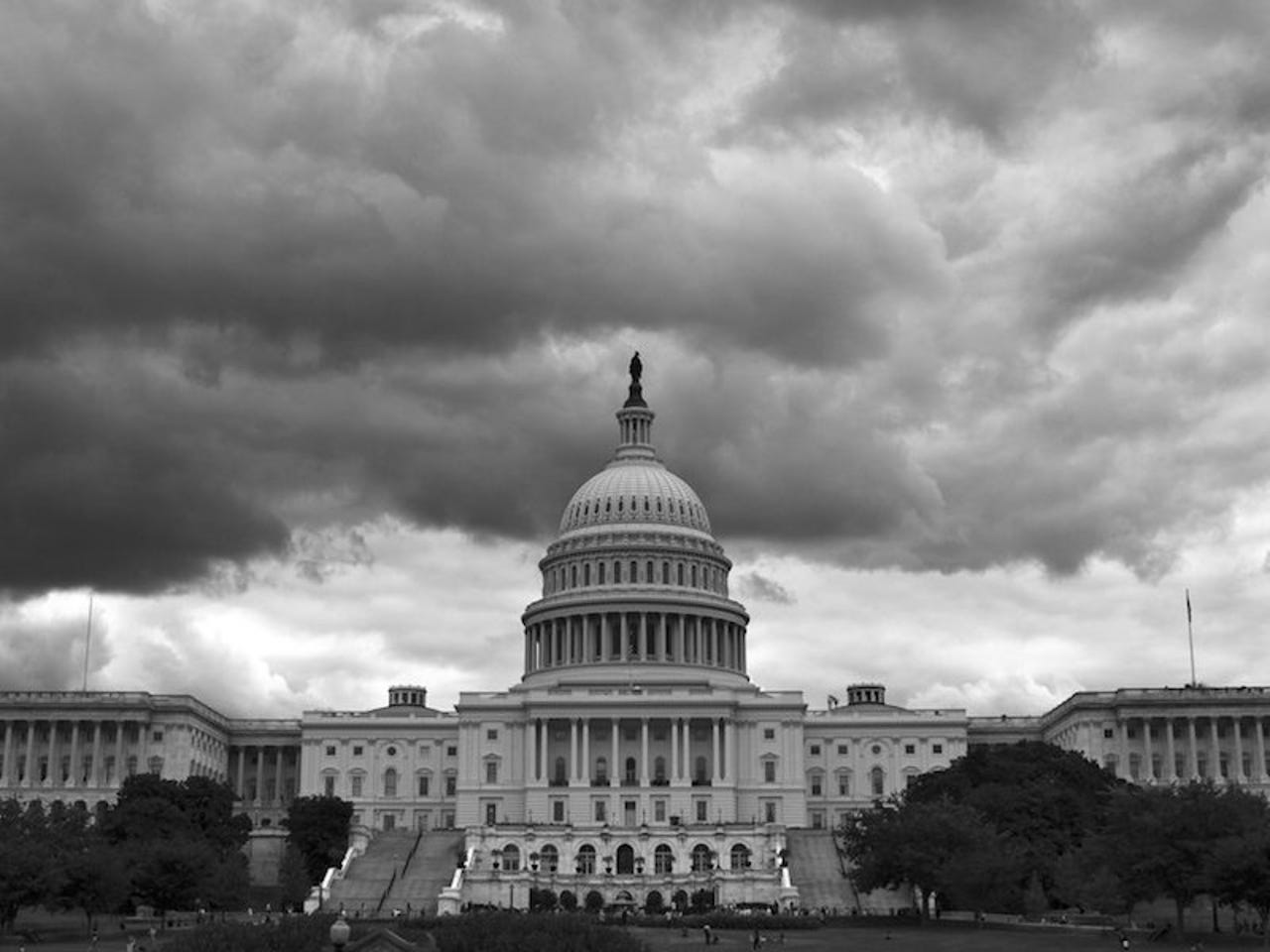White House wants spy law renewed, but won't say how many Americans it spies on


(Image: file photo)
The clock is ticking for a controversial surveillance provision, which is is set to expire at midnight at the end of the year.
But the Trump administration has signaled that it will support its clean reauthorization. Passing a clean version of the Foreign Intelligence Surveillance Act, or FISA, is "necessary to protect the security of the nation," according to a White House official speaking to Reuters.
Already, bipartisan lawmakers in Congress are gearing up for a fight -- ready to oppose the law's reauthorization of the provision without some level of significant reform.
FISA, initially signed in 1978 and amended in 2008 following a vast expansion of domestic surveillance under the Bush administration, was back in the spotlight in 2013 after details of National Security Agency surveillance programs it authorized were leaked by Edward Snowden.
One particular element of the law, dubbed Section 702, has faced intense criticism from privacy advocates and lawmakers alike.
The provision permitted surveillance operations such as the PRISM program, which collected private data from customers of Apple, Google, Facebook, Microsoft and others. The provision also permitted "upstream" collection from the backbone fiber connections of the internet.
And though FISA is designed to target foreign nationals, an unknown amount of Americans' data is also collected in the process.
That's one of the main reasons why numerous Democratic and Republican legislators have argued reforms to Section 702 are necessary to ensure that Americans' constitutionally-guaranteed privacy rights are not violated.
But a key question remains unanswered: exactly how many Americans were caught up in the NSA's surveillance dragnet as a result of surveillance authorized under Section 702?
Since the Snowden disclosures during Obama's second term, nobody has been willing to put a number on it.
This week, Dan Coats, the administration's pick for director of national intelligence, who called the provision the "crown jewels" of the intelligence agency's surveillance programs, said that the program is "designed to go after foreign bad guys."
But the nominee fell short of promising to disclose how many Americans were caught up in the domestic surveillance dragnet.
That isn't exactly sitting well with a number of privacy-minded lawmakers, who largely stand in a minority in Congress.
Rep. John Conyers (D-MI), who said Monday at a House Judiciary Committee hearing that the idea of "using this authority to collect large amounts of information about US citizens without a warrant or individualized suspicious... is, in a word, wrong."
Other lawmakers have too called for changes to surveillance laws.
Reps. Thomas Massie and Ted Lieu have both called for reforms.Intelligence committee member Sen. Ron Wyden has been a strong advocate of reforms to Section 702. And, Zoe Lofgren, a lawmaker with a constituency in the heart of Silicon Valley, has previously warned of the dangers to domestic surveillance under Section 702, and co-sponsored a bill to change the law.
House lawmakers made it clear Monday that knowing the number of Americans caught up in Section 702 searches is paramount, and they likely aren't going to waver any time soon.
And whatever that number is -- whether it's a handful or a few million -- will play a central role in determining if the surveillance statute gets reauthorized.
In any case, there will be a small army of lawmakers ready to challenge it.